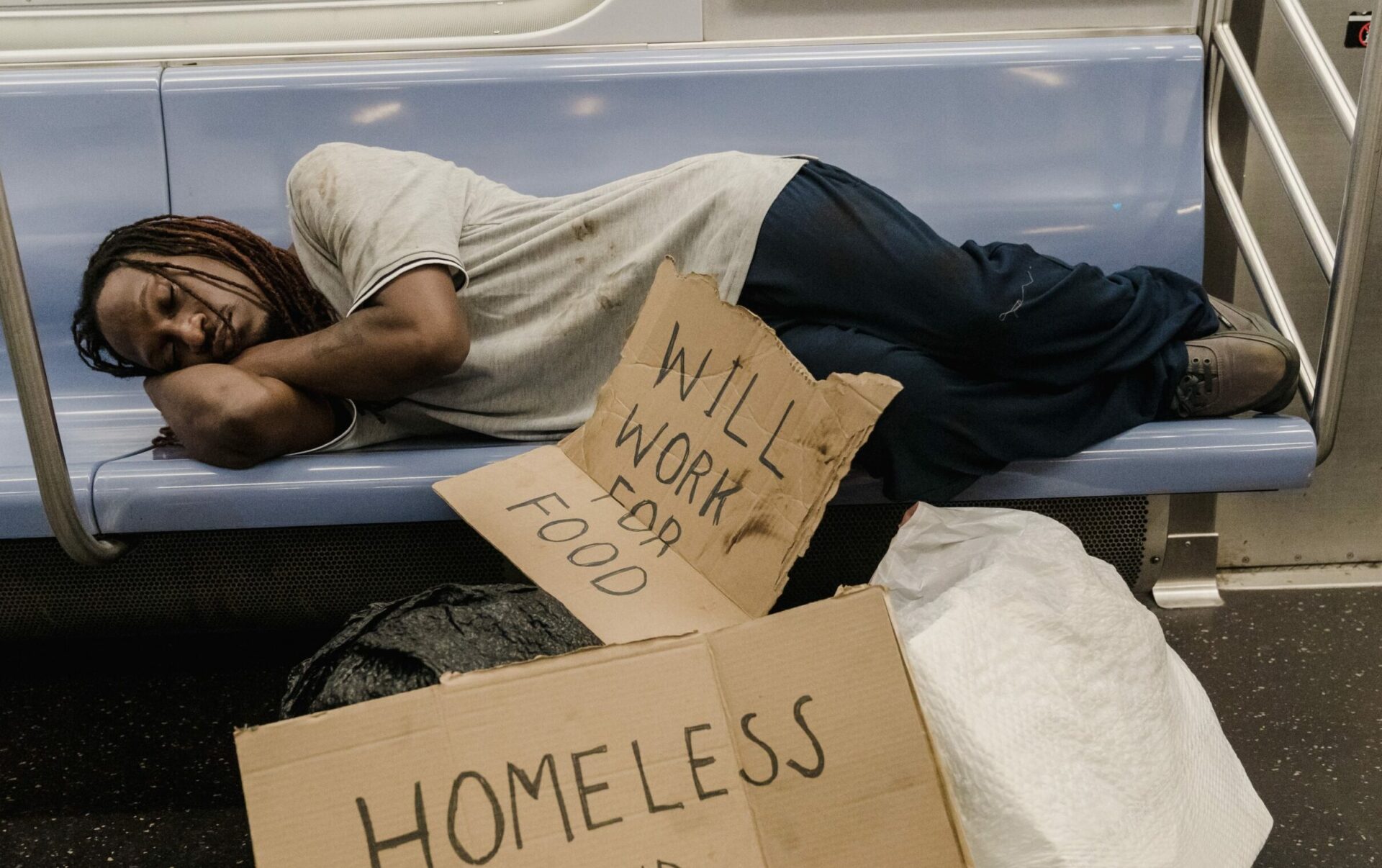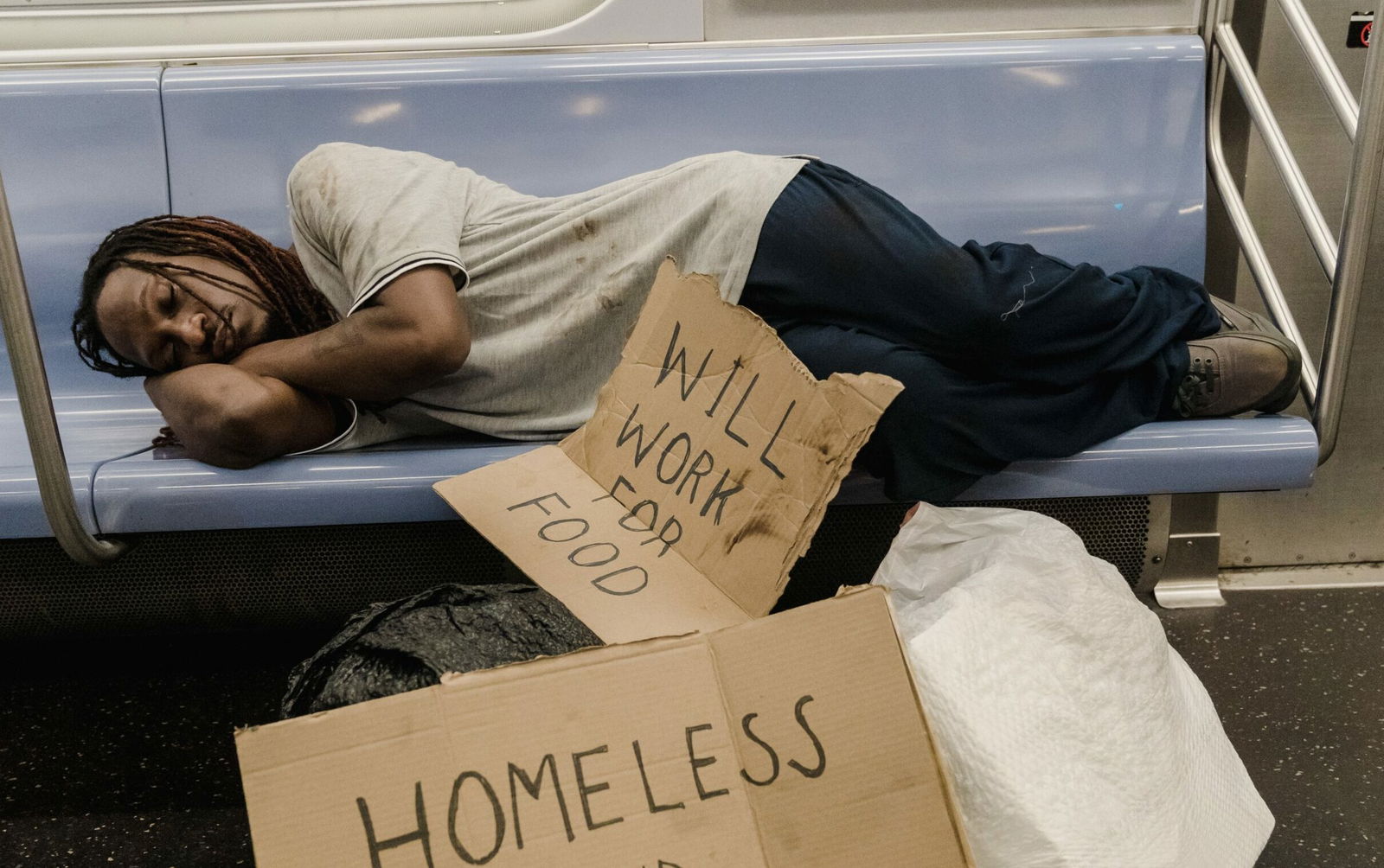
September 24, 2025
New calls against the criminalization of homelessness is bringing new attention to the horrific death of Cornelius Taylor.
As President Trump pushes to clear homeless encampments, Cornelius Taylor’s death in Atlanta is drawing fresh attention to the dangers of criminalizing homelessness.
In the early hours of Jan. 16, 2024, Taylor was fatally crushed by a five-ton front loader in an alley behind Atlanta’s historic Auburn Avenue, The Guardian reported. The incident occurred after the city, citing complaints, ordered the nearby homeless encampment cleared, just four days before the Martin Luther King Jr. Day celebrations were to take place less than a block away.
Taylor was inside his tent with partner Lolita Griffeth, unaware of the operation outside that would take his life. Initially, police gave conflicting reports, claiming Taylor died from a drug overdose and only had a “bloody nose” with no other apparent injuries.
However, an autopsy released 10 weeks later confirmed he died from blunt force trauma, with a lacerated spleen and liver and a fractured pelvis. Tim Franzen, director of the Atlanta Economic Justice Program at the American Friends Service Committee, arrived at the scene a few hours later and reported seeing “a lot of Cornelius left on the street.” Griffeth later recalled discovering traces of Taylor’s injuries on his clothing while going through his belongings.
Taylor’s death occurred amid a rising homelessness crisis, according to the Department of Housing and Urban Development (HUD), which has prompted more state lawmakers to pass laws criminalizing sleeping outside and authorizing the removal of encampments.
In July, Trump signed an executive order making it easier for states to clear homeless encampments and compel residents into drug or mental health treatment, while cutting funding for Housing First programs.
This proven approach prioritizes placing people in housing before addressing other needs.
Now, critics are speaking out against these measures, saying they only worsen, rather than solve, the homelessness crisis.
”There’s nothing in the executive order that will help people,” said Jesse Rabinowitz, who directs the Housing Not Handcuffs campaign. “No funding for housing, no funding for additional services. It will only make homelessness worse.”
Critics argue that policies like Trump’s executive order contributed to Taylor’s tragic death.
“The way that I describe what killed him was not a guy driving a back loader,” Franzen said. “It was years of bad policy that was driving that thing.”
RELATED CONTENT: Missouri Rep. Raychel Proudie Announces State Senate Bid Focused On St. Louis County


